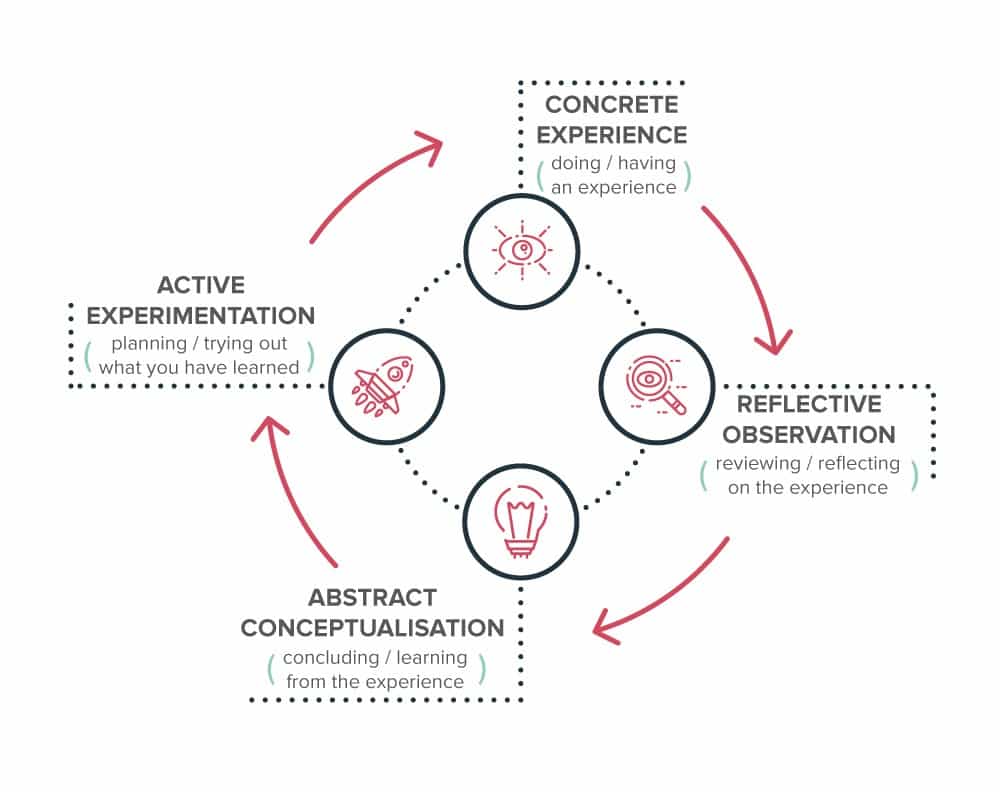In his first guest blog for us, Chris Budd, Managing Director at Ovation Finance, author and podcaster, explores the subject of challenging our own, and our client’s, assumptions.
When we make decisions, we do so on the basis of our knowledge, which is based on our experience. We are the sum of our experiences. That is both our greatest strength, but also our biggest weakness.
This applies whether we are helping clients with their financial planning, or when we are making business decisions.
Challenging your own assumptions
Financial planning is really very simple. Work out what you want from life, then spend your money on that. Trouble is, of course, working out what you want from life isn’t so easy. If we knew what we wanted from life, we’d already been heading that way, wouldn’t we?
One key reason clients need our help is because it is almost impossible to challenge one’s own assumptions. By definition an assumption is something we are not aware of, that is built into us. As such we are not able to unpack our assumptions and challenge them, and are thereby not able to think about the future in anything but blinkered terms.
How we gain experience
In 1984 David Kolb published a model of learning that has become known as ‘Kolb’s Learning Cycle’:

Our experiences shape our actions which shape our future experiences which shape future actions and so on. This process of layering builds into our beliefs and assumptions about the world. Some of these are essential and keep us alive. Others hold us back.
Experience tells us:
- not to do something because we know it will hurt
- not to take a risk because we did once before and it failed
- to take a chance because it worked once before, all the while forgetting the part luck played in our success
Don’t trust experts
There is a fly in the ointment, however. It seems that the more we know, the less open minded we become. In the book Not Knowing by D’Souza and Renner, the authors explain how having knowledge and experience makes us less able to be open to new ideas, to challenge. They say:
“experts are normally the worst at making accurate predictions – the world moves faster than they are willing to acknowledge.”
I also love the statistic (quoted by Neil Bage) that 95% of men think they have an above average sense of humour.
The more experienced and knowledgeable we become, the less likely we are to be able to be challenged by others – and therefore even less likely to be able to challenge our own assumptions.
My prejudices
The assumptions we accumulate over time infect everything we do. For example, my father went bankrupt as a commission based adviser back in the early 1990s. That deeply unpleasant experience meant that when I set up Ovation in 2000, I was determined to a) get paid no matter what and b) to focus on income streams.
This meant a) logging time and not taking initial commissions and b) charging a modest retainer fee and an investment management fee. These decisions have worked out well for me, but they were driven (I now realise) by my experiences and NOT by any evidence of what clients actually wanted.
Conclusion
As well as being a qualified business coach, I receive regular coaching. I also like the people who give advice to Ovation to challenge our ideas, whether it is our accountant, solicitor, marketing agency, compliance support – or my own financial planner.
Coaching skills help advisers to challenge clients in a non-threatening way and thereby help them to plot a path to a future they didn’t know was possible. Using a third party will help you to challenge your own assumptions about your business – and maybe open a future you didn’t know was possible!
Chris Budd has helped Quiver Management to design courses on interpersonal skills for financial advisers. Choose a location that suits you and find out more:
If you need any help then please contact us.



